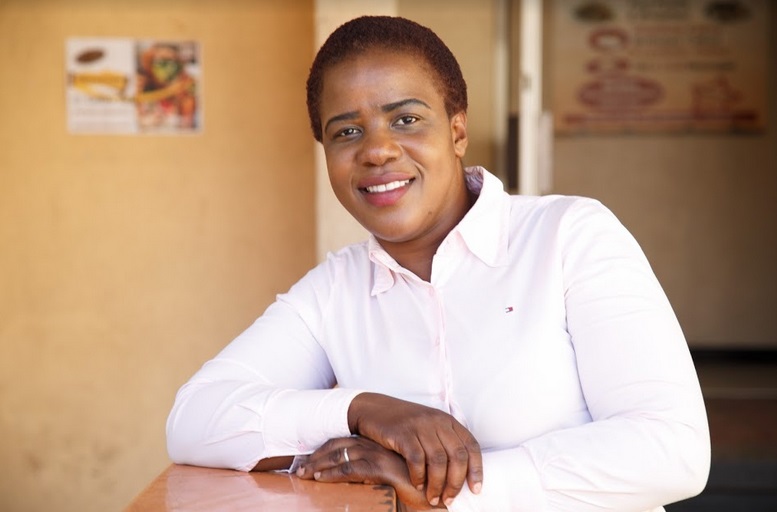14th June 2019
Journalists now keen on nutrition reporting

In this guest blog for the Foreign Office, journalist Mwape Kumwenda from Zambia talks about nudging farmers towards more diverse crops and turning viewers off junk food.
My work centres on community news reporting. I work on diverse issues to do with poverty, agriculture, health, corruption, human rights, press freedom, gender and education with healthy living. Healthy living means good nutrition, exercise and avoiding alcohol abuse.
Garlic, vegetables, sunflowers
Some years back, when I was working for MuviTV I visited one of Zambia’s remote areas called Petauke district in the eastern part of Zambia. Maize farming was the major activity in this place. I met a few farmers and started to ask them if at any time they had thought of diversifying their farming activities to growing other crops such as garlic, vegetables or sunflowers. I told them: diversified farming will benefit you financially and will also provide you with different food for you and your families to eat.
Nutrition reporting
The dependency on one single staple food crop is slowly dying even in remote parts of Zambia. I think that’s a good thing. A lot more however needs to be done as poverty levels are still high. Sadly, records of stunted growth for children are equally high (about 40 percent for under-fives, according to UNICEF).
As a journalist and a consumer, I’ve been watching trends in urban areas where more restaurants have been selling local nutritious foods while minimizing on junk foods. Google “Lusaka restaurants healthy food” if you’re interested! Zambian journalists are beginning to take an interest in nutrition reporting. Responding in part to that, the central government is also carrying out awareness programmes on the need to adopt a healthy diet. There is now more awareness of the dangers of drinks that are overly-sweetened or have other more sinister ingredients. I broke a story in January about a drink produced locally that contained a male sex booster. The authorities went on to ban this drink.
Solutions journalism
My work on reporting on human rights issues is well-known in Zambia and the region. I won the Most Resilient Journalist Award in 2017 for my reporting on rights violations and corruption. But I’m also a firm advocate of solutions journalism. That’s the kind of reporting that doesn’t just report on a problem but also helps audiences think of ways of better responding to challenges. I think my reporting on food and healthy living issues does just that. I’m not necessarily talking about ‘good news’ stories: this is about the kind of journalism that ideally has an impact on people’s daily decisions. I want to inspire other journalists to do the same.
Women journalists need to network more
Personally, I’m inspired and motivated by CNN journalist Christiane Amanpour. I’m proud to be a member of the International Women’s Media Foundation (IWMF). I think it’s a really unique organization. And I do think women journalists need to network more, certainly in my own country. We need to be meeting as women journalists to share challenges and opportunities so that we get to understand where the problem and the solution lies.
The UK and Canadian governments are working together to defend media freedom and improve the safety of journalists who report across the world. Jeremy Hunt, the UK Foreign Secretary and Chrystia Freeland, Canadian Minister of Foreign Affairs, will co-host the Global Conference for Media Freedom in London on 10 and 11 July 2019.
